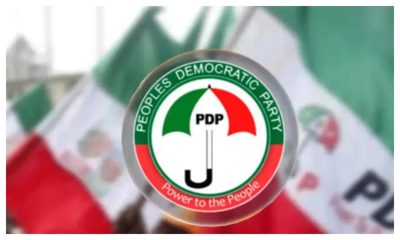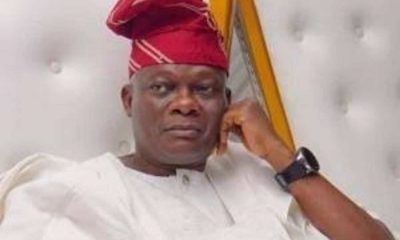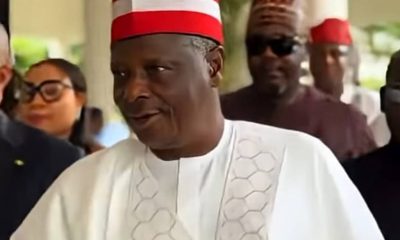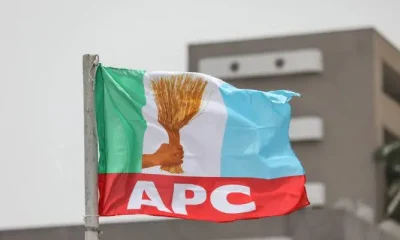NEWS
Oyo State’s N110m Football Match Funding Sparks Political Controversy
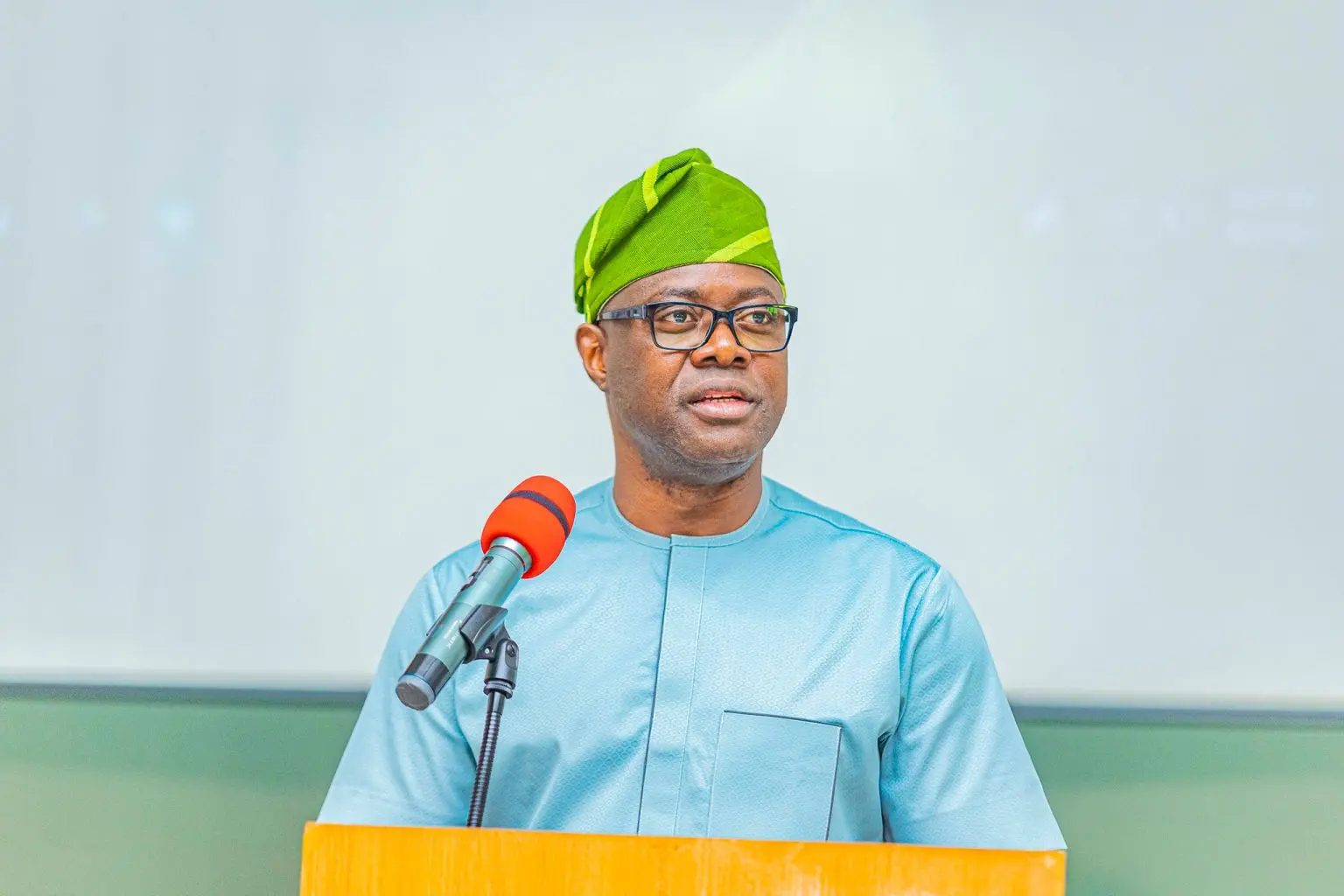
The All Progressives Congress (APC) in Oyo State has taken a strong stance against the state government, describing its plan to spend one hundred and ten million naira on hosting a football match as a “height of insensitivity” and a “misplaced priority.” The criticism, which was leveled against the administration of Governor Seyi Makinde, highlights a growing political and social debate over government spending on sports at a time when the healthcare sector is facing significant challenges. The APC argued that the funds could be better utilized to address the dilapidated state of public hospitals and improve healthcare services for citizens.
In a statement signed by its Publicity Secretary, Wasiu Olawale Sadare, the APC made its position clear. The party condemned the move to bankroll the international soccer match between Nigeria’s Under-20 female team, the Falconets, and their Rwandan counterparts, questioning the government’s priorities. Sadare’s statement, made available to the public on Monday, claimed that the health sector in the state is in a sorry state due to poor funding, with X-ray machines and ambulances being a luxury in most hospitals. He also lamented that qualified medical personnel are leaving the state government’s service in droves, citing negligence and high-handedness from the Makinde administration as key reasons.
According to a search by Dependable NG, the Oyo State government, through its acting governor, Bayo Lawal, had indeed approved a sum of N110 million to cover logistics, accommodation, feeding, security, and other related expenses for the Falconets’ stay in the state. The Commissioner for Works, Abdulmojeed Mogbojubola, had justified the expenditure by stating that hosting the match would bring national attention to the city and reinforce its position as a hub for major sporting events. He also argued that the initiative aligns with Governor Makinde’s roadmap for sustainable development, which includes deliberate investments in youth-focused and sports-related programs. However, the APC’s counter-argument is that this particular match, a World Cup qualifier, is a federal government project under the purview of the Nigerian Football Federation (NFF) and the Nigerian Sports Commission (NSC). The party’s statement claimed there were no reports that either the NFF or the federal government had requested financial assistance from Governor Makinde for hosting the match.
The debate over the state government’s spending priorities brings to light the stark realities of Oyo’s healthcare system. While the government has made efforts to improve health infrastructure and has been involved in partnerships with international bodies like UNICEF to address issues like malaria, reports from various sources, including ICIR Nigeria and ResearchGate, suggest that significant challenges remain. These challenges include an inadequate number of qualified health professionals, a shortage of drugs and essential equipment, and a general lack of a coordinated, decentralized health financing system. Many public health facilities still face issues of understaffing and inadequate supplies, and some medical officials have voiced concerns that the funds they receive are insufficient to meet their needs. This paints a picture of a healthcare system that, despite some progress, is far from being a priority.
The APC’s statement, therefore, framed the N110 million expenditure on the football match as a clear case of misplaced priorities. The party questioned the “emergency decision” to host the match at the Lekan Salami Stadium, which they described as being of “low quality,” and alleged that the fund was immediately removed from the state treasury. The APC’s criticism goes beyond the specific expenditure to challenge the government’s overall vision, arguing that a government that cannot value the lives of its citizens by ensuring a functional health system should not be prioritizing a sports project that belongs to the federal government. This political skirmish highlights the deep partisan divide in the state, with the APC using a specific financial decision to launch a broader critique of the Makinde administration’s governance and fiscal responsibility. The controversy over the football match funding is a microcosm of a larger political battle ahead, with both parties attempting to win public opinion by framing their narratives around issues that directly affect the lives of ordinary citizens.

